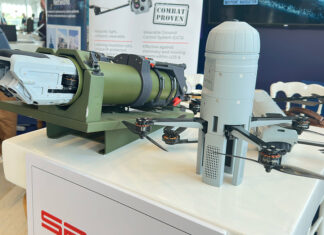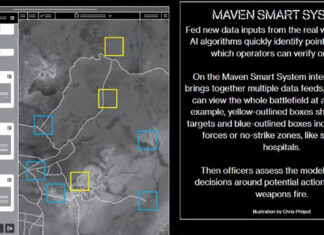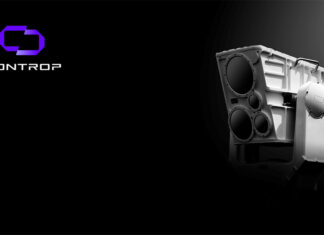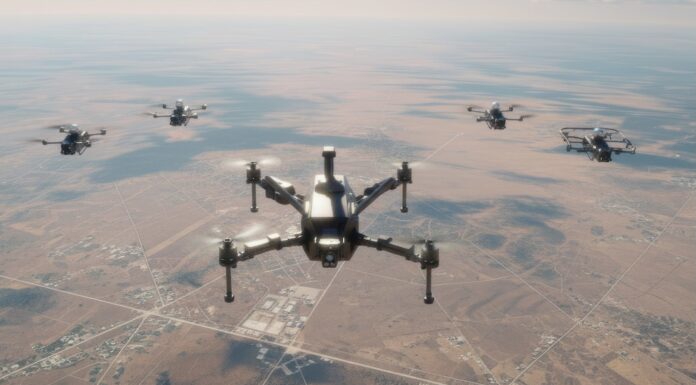KVH TACNAV is a tactical navigation system which augments GPS navigation systems with complimentary position references used on combat vehicles, such as odometer, electronic compass, fiber-optic gyro etc. The system enables continued navigation, position keeping, dead reckoning navigation, and targeting even when GPS is jammed, or unavailable.
TACNAV is provided as commercial off the shelf (COTS) system, providing simple compass display showing bearing, north position and distance traveled from last reference point. The system interfaces with on board navigation systems (such as GPS, odometer) and BMS to complement the GPS when GPS. This function has become essential with the fielding of Blue Force Tracking systems, as location reporting from all units are critical for establishing a broad situational picture at all levels.
Most systems rely exclusively on GPS data, which is vulnerable to interference and jamming. The addition of backup positioning reference enables the Blue-Force Tracking position location unit to continue and transmit the vehicle’s position even when GPS is not available. With an Enhanced Fiber-Optic Gyro (FOG) module, and turret angle encoder, TACNAV becomes a Target Location System (TLS) for turreted platforms. Enabling the system to monitor and process the turret position, thus feeding essential information to on-board threat warning and countermesures system, BMS etc. The FOG improves the pointing accuracy of the system from 35mil to 10 mils, providing redundant GPS backup options. It also improves dead reckoning accuracy by reducing error rate from 3% to 1% of the distance traveled. Using TLS target location accuracy is quadrupled from 300 (meters at 5 km range) to 75 meters.
The latest addition to the system is the TACNAV Enhanced Navigation and Visualization System. This interface provides a large touch-screen controlled display showing navigation and positioning data, steer-to-navigation guidance, heading, distance and waypoint data over a map of aerial photo. The reference image can be a high resolution topographical map or variable scale aerial photo. The system also shows the traveled path (DR) and various objects of interest (such as red and blue forces, IED threats etc.) on a geo-referenced overlay.



















